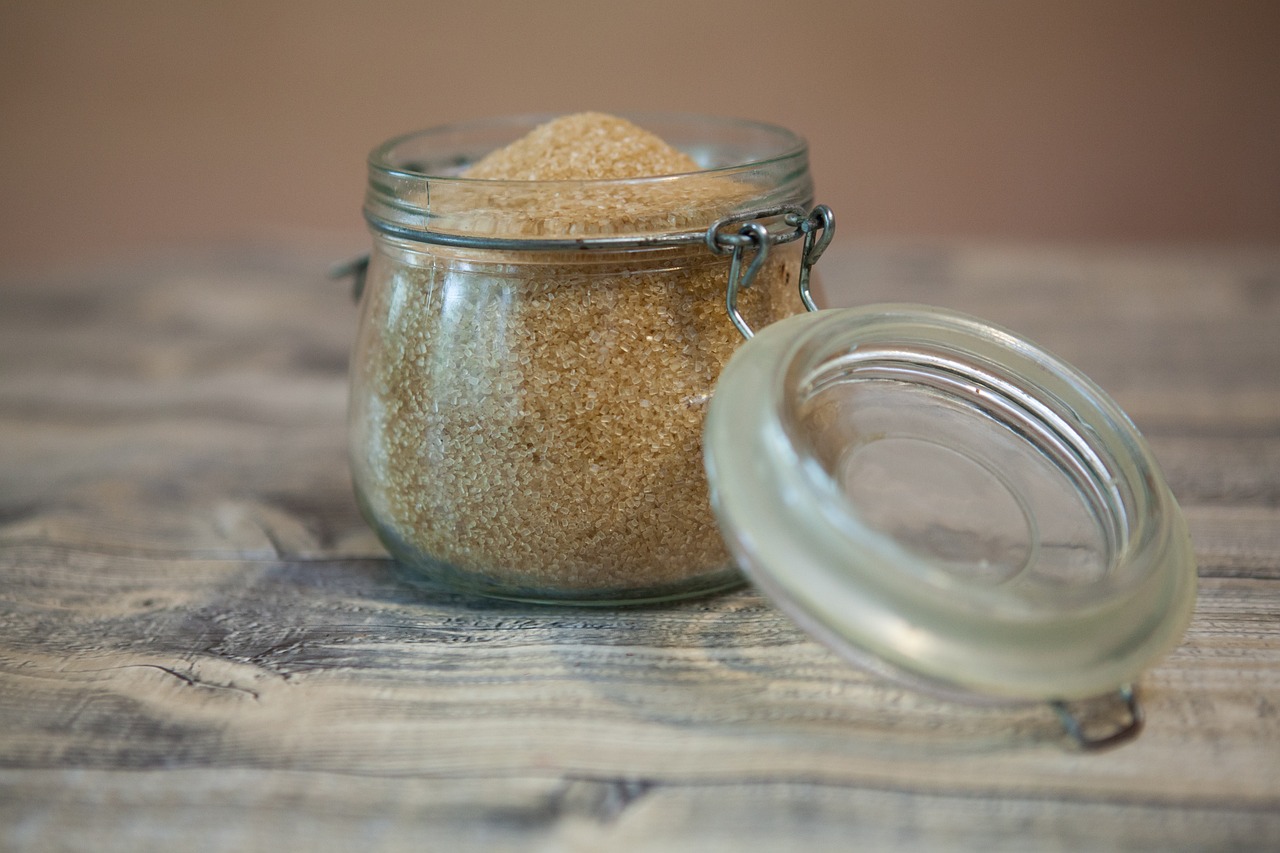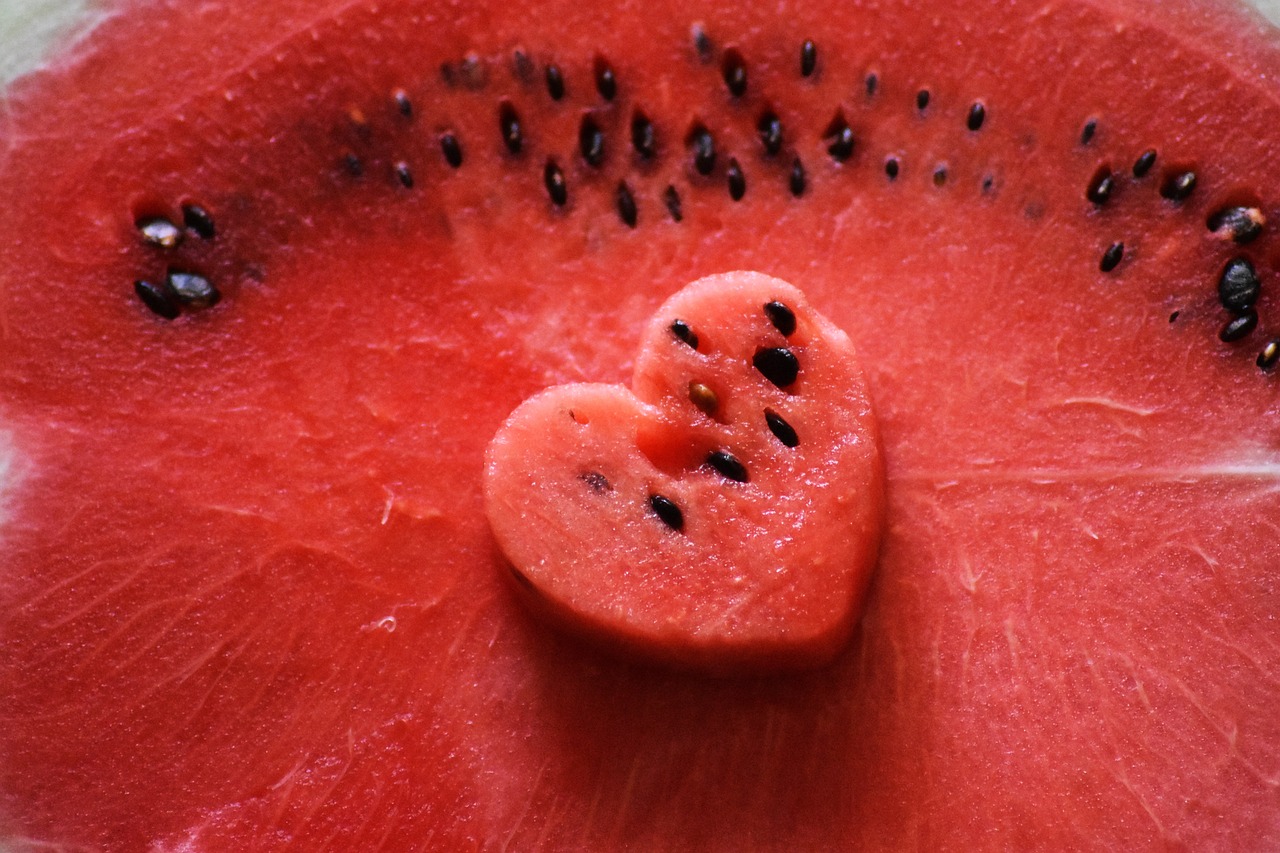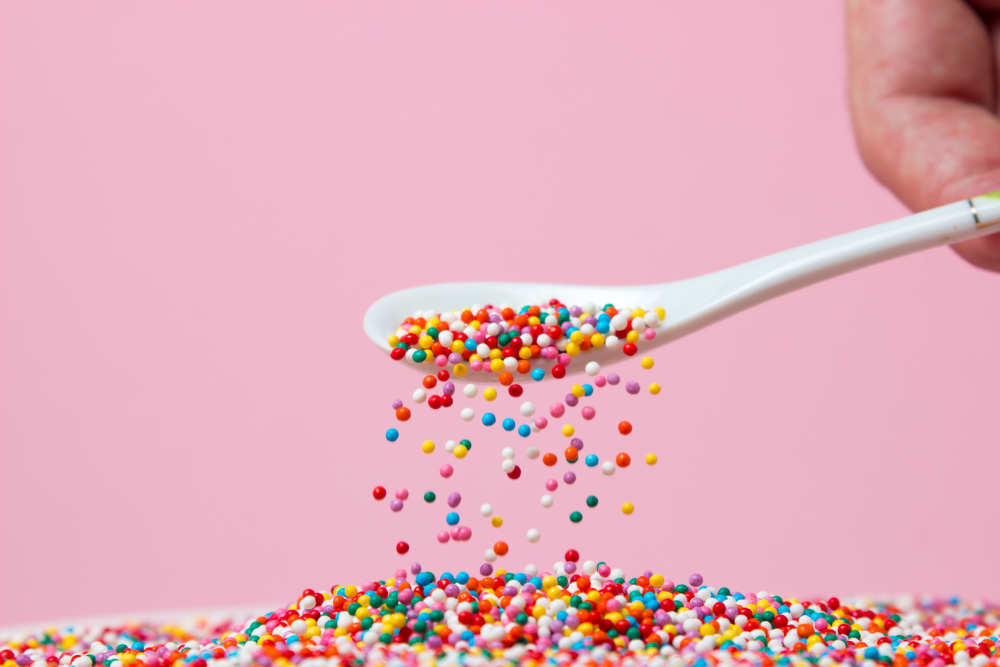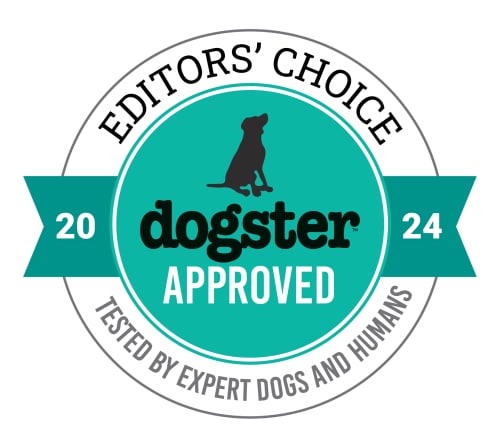Click to Skip Ahead
Having parties and celebrations for dogs has become more common in recent years. While there’s absolutely no problem with planning parties for your dog, it’s important to provide dog-safe food and snacks. A common treat present at parties is sprinkles. While your usual sprinkles won’t cause immediate harm to dogs, they’re still not recommended to be given to dogs regularly. Sprinkles are mainly made of sugar, and they don’t provide any nutritional benefits to dogs. Continuously feeding your dog sprinkles will also put them at risk of developing health complications.
Why Can’t Dogs Eat Sprinkles?
Sugar sprinkles don’t contain ingredients that are toxic to dogs, but they don’t contain any healthy ingredients either. Since they don’t add any value to a dog’s nutritional needs, they’re not recommended to be given to dogs. Here’s a breakdown of the common ingredients you’ll find in sprinkles.
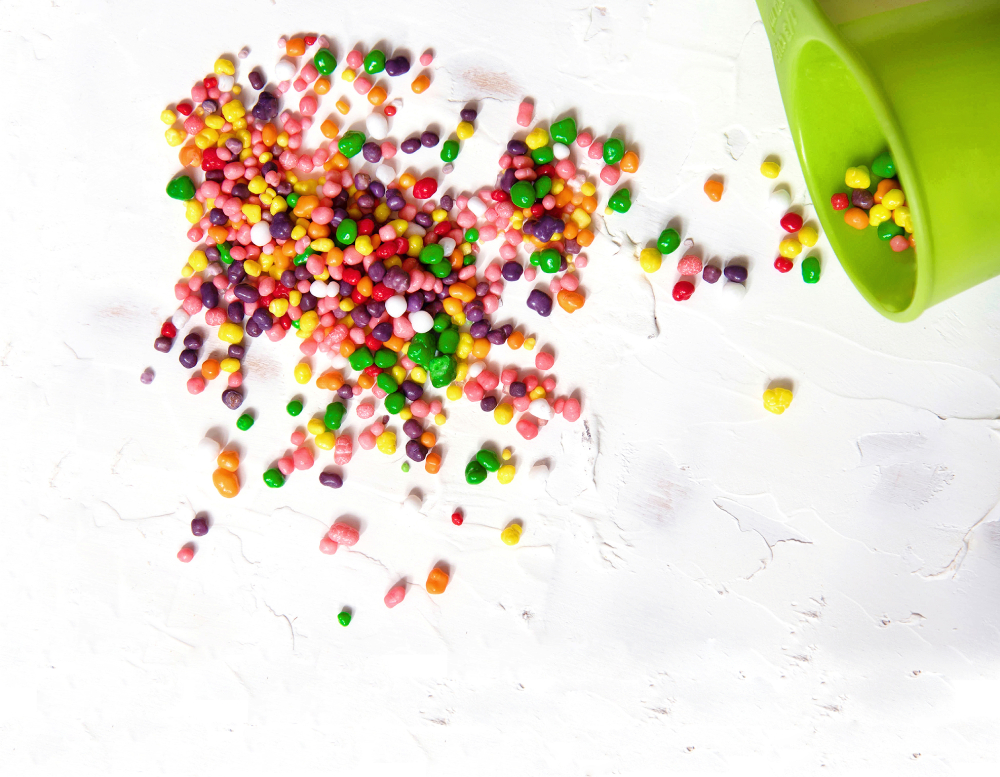
Sugar
Sugar is the main ingredient found in sprinkles. If dogs eat too much sugar in one sitting, they can get an upset stomach and experience diarrhea or vomiting. Consuming excessive amounts of sugar over a long period of time can cause chronic health issues, including obesity, diabetes, and joint problems. Too much sugar can also disrupt a dog’s gut microbiome, which can cause ongoing digestive issues.
Corn Syrup
Corn syrup is another sweetener that’s made from breaking down cornstarch. It’s commonly added to sprinkles to bind the ingredients and help them hold their shape. Corn syrup has a high sugar content, and eating too much of it will lead to health risks similar to sugar.
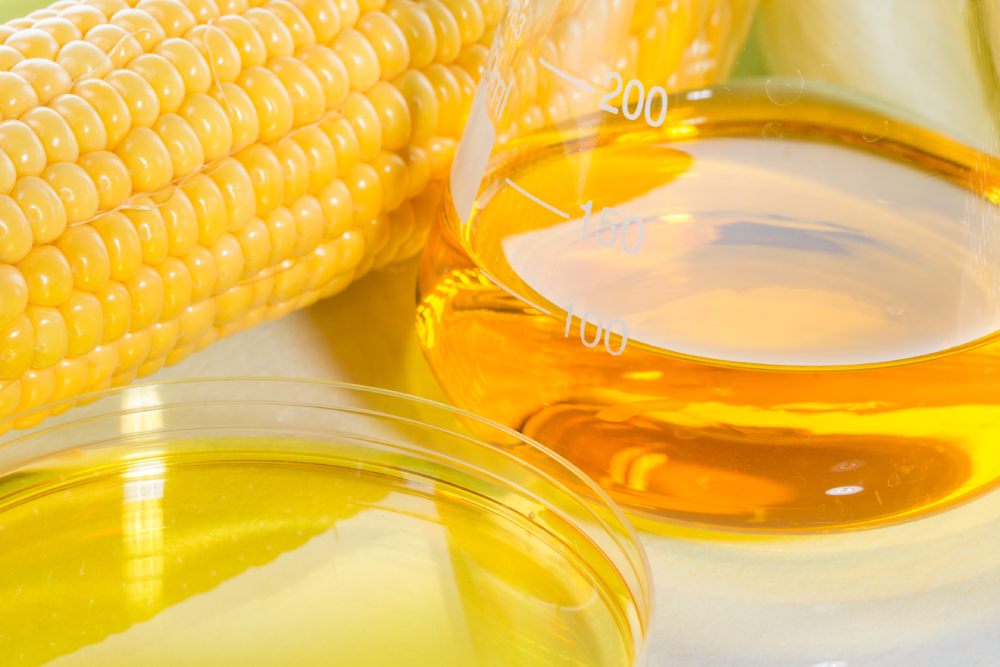
Cornstarch
Cornstarch is a thickening agent commonly used in baking. It’s a highly processed ingredient that contains very little nutritional benefits while having a high carbohydrate content.
While consuming small quantities of artificial colors and flavors isn’t harmful to dogs, it’s not healthy for them either. Artificial colors are particularly unnecessary for dogs, as they don’t affect their appetite or make food appear more appealing. It’s also important to note that since it’s unclear what exactly goes inside artificial ingredients, they’re not recommended for dogs with sensitive stomachs or food allergies.
Dangers of Feeding Sprinkles to Dogs
A dog can develop a sweet tooth and be drawn to eating sugary foods. However, a high-sugar diet is dangerous to dogs because it can disrupt their digestive system’s functioning and contribute to excessive weight gain. Therefore, sprinkles and other sugary foods don’t belong in a dog’s diet.
Sugar-free sprinkles also aren’t necessarily any better for dogs. They still contain artificial ingredients that can cause some dogs to get sick. Some sugar-free sprinkles may also contain xylitol, which is an artificial sweetener that’s toxic to dogs. Xylitol will cause dogs to get sick by causing a rapid release of insulin. This will lower their blood sugar significantly and cause dangerous hypoglycemia.
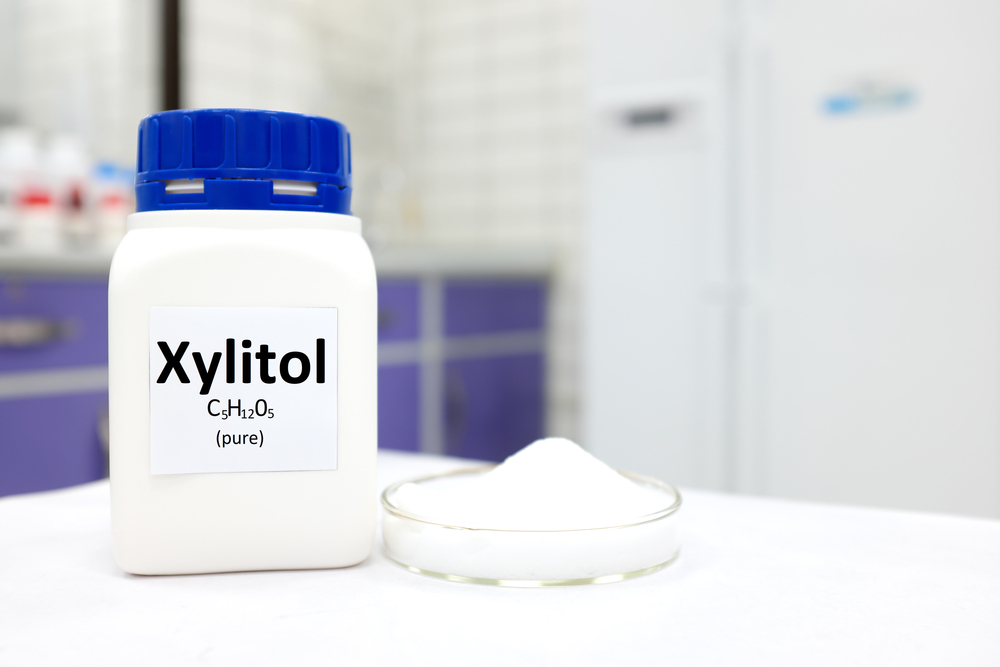
Safer Sprinkle Alternatives for Dogs
Fortunately, you can keep things festive and feed your dog fun and safe alternatives to sugar sprinkles. The first thing to consider is dog-friendly sprinkles. Several dog food brands make sprinkles specifically formulated for dogs. These sprinkles don’t use sugar as a base and use natural ingredients for coloring.
Another way to make dog food appear more festive is to use crushed dog treats. You can blend dog biscuits in a food processor or place them in a bag and use a rolling pin to crush them into smaller pieces. Once you’ve gotten them to your desired size, you can sprinkle them on top of the dog food or use them as a meal topper. Your dog will appreciate the savory flavors and may enjoy them even more than traditional sugar sprinkles.
Conclusion
Overall, sprinkles aren’t recommended for dogs because they don’t have any nutritional value. Eating too many sprinkles can cause an upset stomach in dogs, and continuously eating them can lead to health complications later down the road.
If you want to spruce up your dog’s food, try using dog-safe sprinkles or crushed dog treats. Your dog will still appreciate the tasty flavor and texture of these alternatives, and you can rest assured that they’re consuming foods that are much safer for them to eat.
Featured Image Credit: Nerza, Shutterstock






